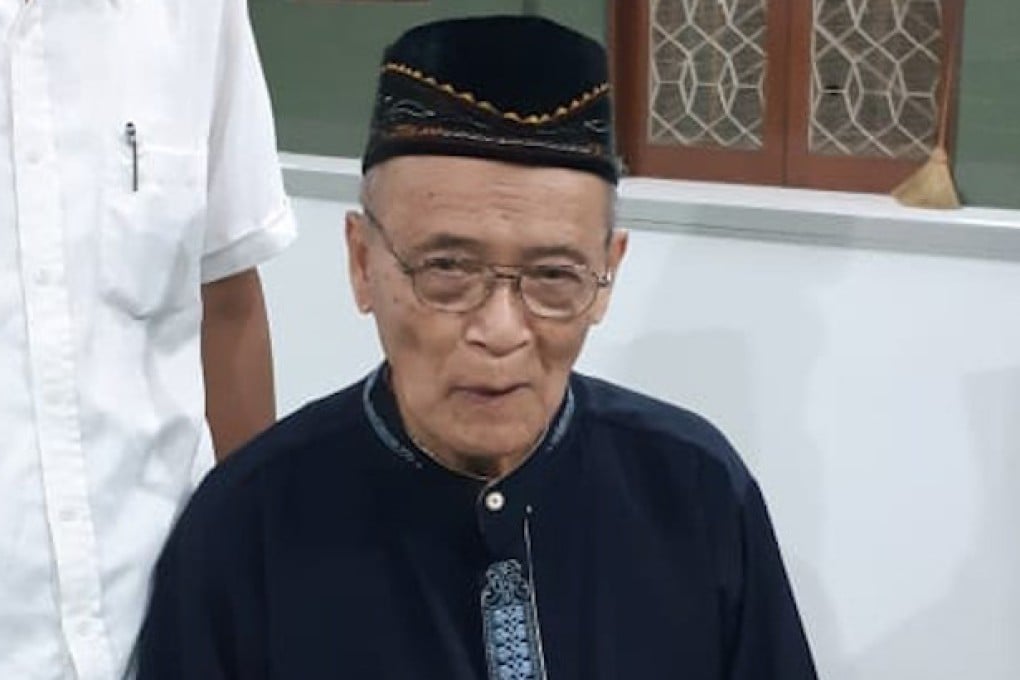Advertisement
Why Indonesians of different faiths are mourning Ahmad Syafi’i Ma’arif, the Islamic scholar who preached ‘co-existence’ over tolerance
- Religious scholar, referred to as ‘Buya’ was known for bringing a cosmopolitan vision to Indonesian Islam
- Ma’arif was in favour of Islamic principles, but his incisive, yet nuanced ideas were misunderstood, and often rubbed ultraconservative Muslims the wrong way
Reading Time:3 minutes
Why you can trust SCMP
1

One of Indonesia’s most respected religious scholars is being remembered for his drive to promote diversity in the Muslim-majority country.
Ahmad Syafi’i Ma’arif, who passed away on May 27 at the age of 86, was known for his vision of inclusive Islam, a progressive attitude and a true champion of pluralism in the country.
Affectionately known as “Buya”– a term in Sumatra’s Minang culture meaning a person deeply versed in Islam – Ma’arif was the former chairman of Muhammadiyah, the country’s second largest Muslim organisation.
Advertisement
“He represented the best of Muhammadiyah and he always spoke for diversity and tirelessly campaigned for religious tolerance,” said President Joko Widodo, who spoke at his funeral in Yogyakarta.
Widodo bestowed Ma’arif with the country’s highest civilian honour, the Mahaputra medal in 2015, which entitled him to a burial plot at the National Heroes’ Cemetery of Kalibata in Jakarta. But the modest Ma’arif opted to be buried at a graveyard tended by Muhammadiyah instead.
Advertisement
Advertisement
Select Voice
Choose your listening speed
Get through articles 2x faster
1.25x
250 WPM
Slow
Average
Fast
1.25x